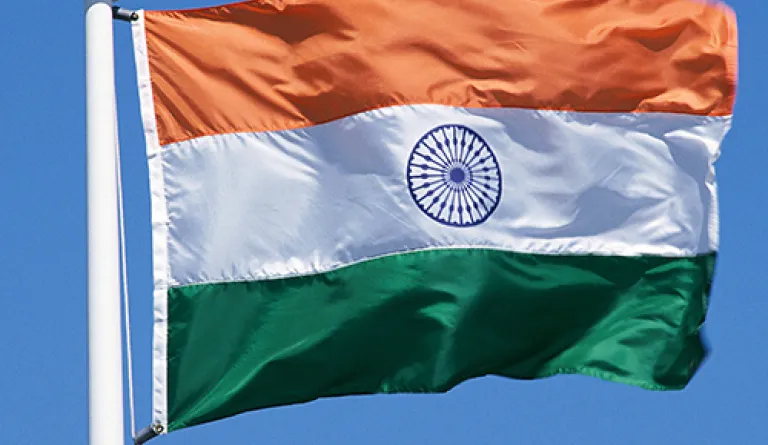Indian Supreme Court Upholds Its Independence, Calls for More Transparency

The Supreme Court of India recently struck down a new law that sought to increase the executive branch’s power over the selection of judges. The Court ruled the National Judicial Appointments Commission Act unconstitutional, commenting that “once the constitutional structure is shaken, democracy collapses.”
The New York Times notes that “India has a long tradition of a judiciary independent from the rest of the government,” with a panel of judges responsible for making appointments to higher courts. But, critics of the decision lament that the Court upheld this appointment system, which “has been criticized for lack of transparency.” In its decision, the Court recognized that the panels should be “more transparent and in turn with societal needs,” but affirmed their use.
“Though legal analysts and the many lawyers who had argued against the law called Friday’s decision a victory for the separation of powers and democracy, experts also agreed with the government’s argument that the existing process of appointing judges was flawed and insufficiently open.”
The new law would have established a judicial selection panel that included three judges, the law minister, and two “eminent persons” nominated by the chief justice and the central government.
Hunter Metcalf is a third-year law student at the University of Colorado Law School and contributes to IAALS Online. Please direct inquiries about this post to iaals@du.edu.
